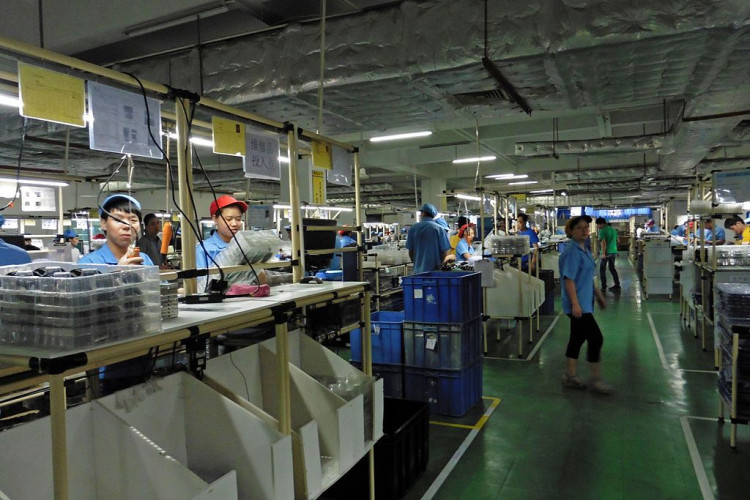China's unemployment insurance system, in June, spent a monthly record amount on boosted payouts to the unemployed and payments to firms that continued to employ people.
Ministry of Human Resources and Social Security reported that outlays rose to 37.2 billion yuan ($5.45 billion), which is 3.6 times the previous year's total and the largest since monthly data collection began in 2013.
The surge of contributors contributed to a 20 percent rise in system revenue. However, the enormous payouts have resulted in a monthly deficit of 22.7 billion yuan.
The deficit is the largest since the COVID-19 epidemic first struck the Chinese economy in March 2020. The first five months of the year had a surplus, but this turned into a deficit of 15.6 billion yuan for the first half of the year.
This year's deteriorating job market is a result of China's zero-COVID policy reaction to the Omicron outbreak. The unemployment insurance expenditures were utilized to pay the rising number of recipients and protect the remaining jobs.
Employers who retain their employees receive a return of a portion of their unemployment insurance contributions from the previous year. The government boosted the quantum of tax refunds this year.
The refund for large firms has increased to 50% from 30%. Small and medium-sized firms are now eligible for a maximum reimbursement of 90%, up from 60% previously. The human resources ministry stated that 5.84 million enterprises received refunds totalling 33.1 billion yuan during the first half of the year.
The unemployment insurance fund's balance decreased for three consecutive years beginning in 2019 due to the Sino-American trade war and the COVID-19 epidemic. It totalled 331.3 billion yuan at the end of 2021, down 43% from its 2018 peak.
Moreover, the increasing number of college graduates has increased competition for jobs. Through July, the young unemployment rate has reached record highs for four consecutive months. In order to address this structural problem, unemployment insurance money has been utilized to finance vocational training.
"There's a strong possibility that [the unemployment insurance system] will end up running a deficit for the full year in 2022," Takamoto Suzuki, head of economic research for Marubeni (China) stated.
"If the [unemployment insurance] fund balance persistently continues to decrease, it will become more difficult to engage in programs that citizens will welcome, such as extending the duration of insurance benefits or expanding eligibility for payments," he added.
Meanwhile, China's unemployment insurance system has seen substantial changes in recent decades. In contrast to the commonly acknowledged system in which both employers and employees contribute to the unemployment insurance pool, employees were not forced to make payments in the 1990s.






